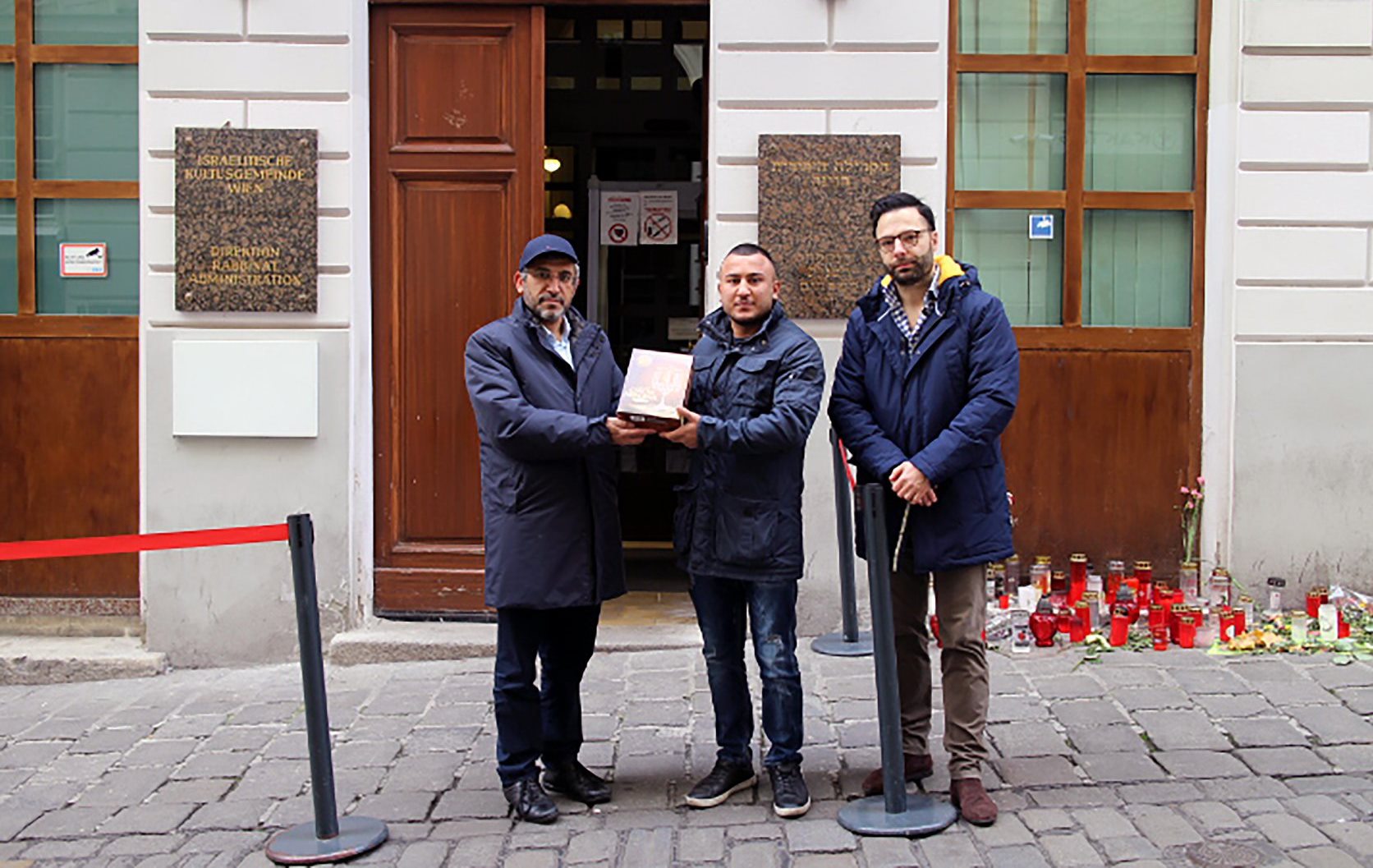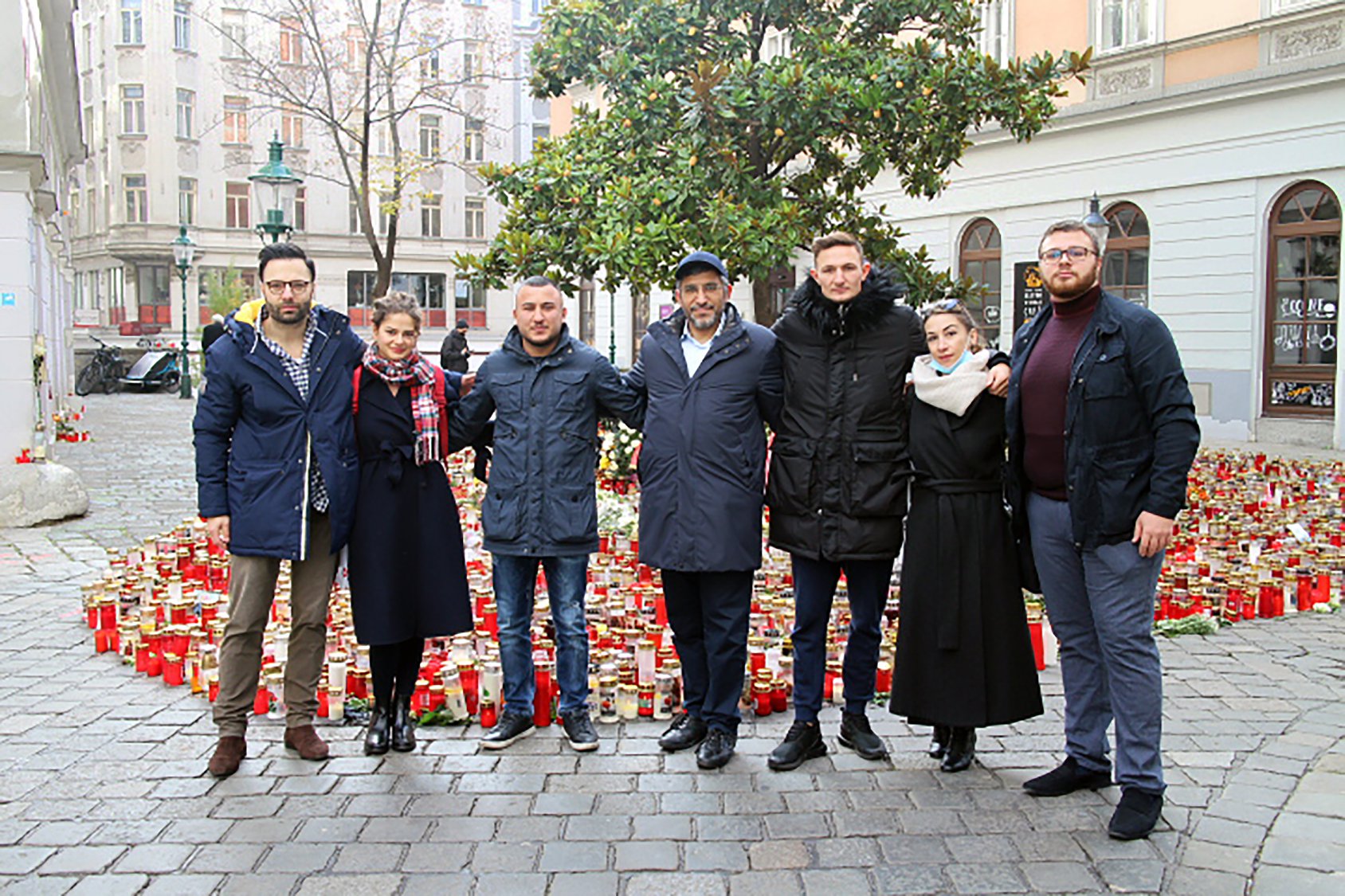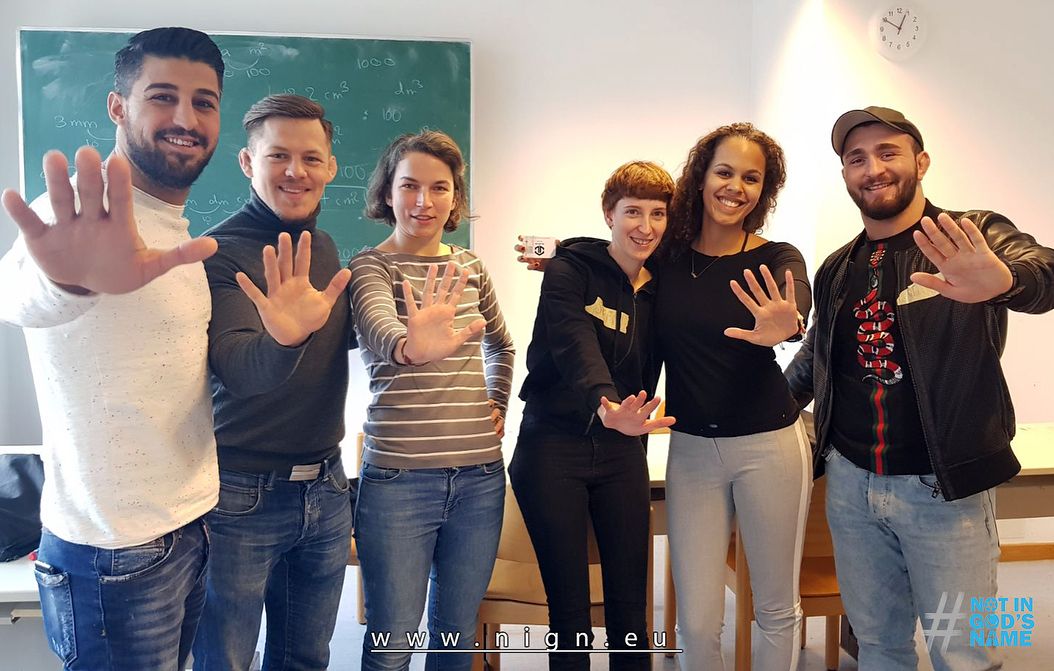Radicalization is a growing problem which mostly involves religion, politics or a combination of the two. While in Europe Islamic radicalization has been a major challenge which occupies governments and agencies alike, in other parts of the world the concern is with right or left wing radicalization. Either way, religious differences often play a major role in the views of radicals and extremists.
In general, radicalization is directly connected to group identity. Even individuals who carry-out violent attacks often do so in the name of a group’s ideals. Such lone wolves may plan and act alone, but behind them is an extreme group which works hard to produce inciting and radicalizing content to push them to action. This way, the attacker feels a part of something greater and sees their act as a contribution to the group’s common goal.
In order for such a radical individual to feel part of the group, the group itself must be well defined. A common way to define a group is by creating two categories- “Us” and “Them”. A cohesive group often has clear enemies who threaten the group. This is an excuse for the group’s leaders to ask for extreme actions and make irrational requests. The attackers, who are normally marginal members of the group, see themselves as defenders of the group from the constant threats of other groups.
Religion and group identity
In principle, religions exist to offer their members valuable guidelines in order to become better people. Despite some fundamental disagreements in spiritual matters, most religions share many common virtues and values and preach similar messages of peace and tolerance. The city of Vienna is a common example where the three Abrahamic religions coexist. Naturally, there are tensions within some members of the groups, particularly due to historical experiences, but they do manage to get along.
The issue begins when radical and extremist charismatic leaders distort the peaceful messages of religion and transform them into messages of hate. For them, if one belief is the truth, other beliefs must be false. If a person acts against my belief, I must stop them at any cost. This negative ideology strengthens the separation between groups and is extremely dangerous. It’s important to note that such views can be found in any religion, yet in the relatively modern clashes between Muslims, Christians and Jews in Europe made the issue of Islamic radicalization more pressing.
Not In God’s Name- standing for tolerance
The different projects of Not In God’s Name aim to dissolve the mental barriers in people’s minds and shift the group identity of the participants. We believe that while the extremists focus on what separates us as groups, we should focus on our similarities and what unites us. While extremists dehumanize other groups and show them as evil and threats, we work to show the human side of each group.
What we do in order to bring the groups together is very simple. We ensure that our programs include Muslim, Christian or Jewish participants. Often, we don’t reveal the identity of the participants and only towards the end of the session we ask each one to introduce him/herself. Suddenly, a muslim participant finds out that they worked out for the last hour with a Jew and thoroughly enjoyed it. Such meetings question their prejudices and the messages they repeatedly heard from those who preach hate. Through our programs, participants learn the value of tolerance and communication. They can see and meet the members of the other groups in person and understand that after all, we are all the same.



